Lecture 2 of a series of lectures on Asian ocean policy: a community with a shared future in the oceans: a conceptual deconstruction
Text source:Release date:2021.04.26Times of browsing:
In the afternoon of April 26, 2021, the second lecture of the series of lectures "Asian Ocean Policy" by the Japan Research Center of Shanghai Jiao Tong University, "Community of a Shared Future in the Ocean: A Conceptual Deconstruction", was successfully held in Conference Room 206, the fourth floor of the north of Xuhui Campus. Cai Congyan, a professor of international law at Fudan University and a young Changjiang scholar from the Ministry of Education, served as the keynote speaker. Zheng Zhihua, an associate researcher from the Japan Research Center of Shanghai Jiaotong University, hosted the lecture. Liu Dan, an associate researcher from Kaiyuan Law School of Shanghai Jiaotong University, Tan Jun, an assistant researcher from China Law and Society Research Institute of Shanghai Jiaotong University, and Lin Haozhou, an assistant researcher from China Law and Society Research Institute of Shanghai Jiaotong University, were invited to the lecture Zheng Jie, Assistant Researcher of the Marine Equipment Engineering Science and Technology Development Strategy Research Institute of Shanghai Jiaotong University, Jing Shiyuan, postdoctoral fellow of Kaiyuan School of Law of Shanghai Jiaotong University, and Mao Xiao, a doctoral student in international law of Oxford University, were the speakers. Xu Xiaobing, Director of the International Law Practice Center of Kaiyuan Law School of Shanghai Jiaotong University, summarized the meeting. In addition, experts and scholars from Shanghai University of Foreign Trade and Economic Cooperation, East China University of Political Science and Law, Zhejiang University, Xiamen University, Northwest University of Political Science and Law, Dalian Maritime University, the First Institute of Oceanography of the Ministry of Natural Resources, Shanghai Institute of Legislation and other institutions, as well as graduate students, attended the report.
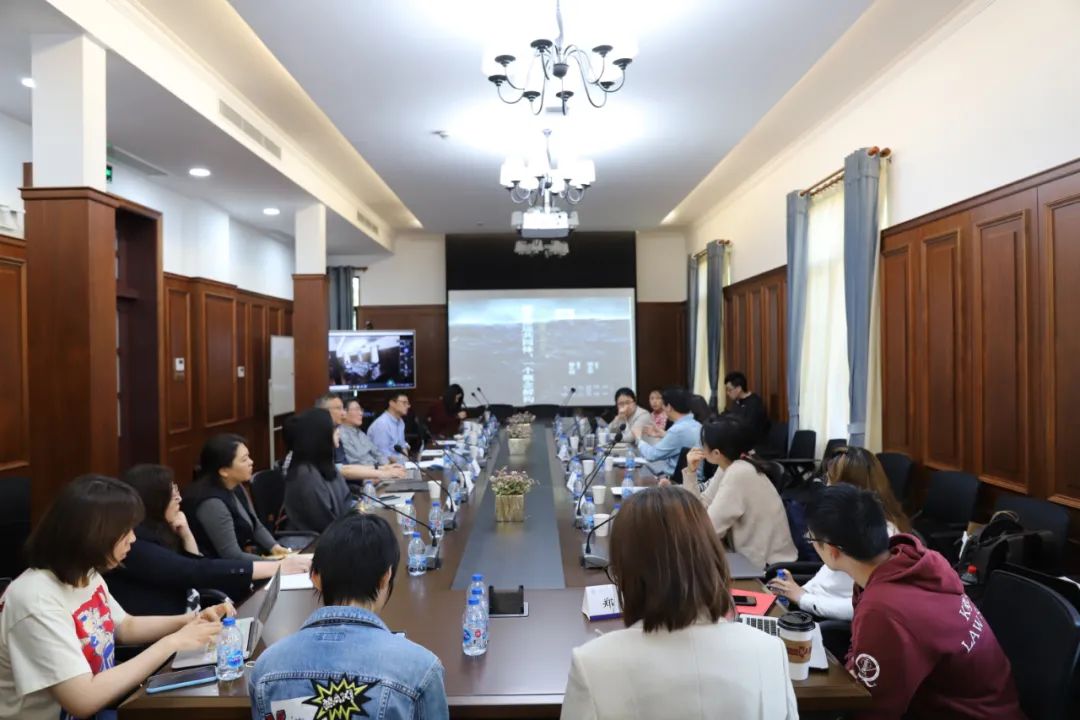
Zheng Zhihua first introduced Professor Cai Congyan's outstanding academic achievements and influence, and extended a warm welcome to Mr. Cai and all the teachers and students present. He said that the underlying logic of the traditional law of the sea was the contradiction between freedom and sovereignty, which evolved into various systems of the law of the sea. With the development of the times and the innovation of science and technology, the basic contradictions and basic paradigms in the law of the sea have gradually changed from the traditional contradiction between freedom and sovereignty to the contradiction in the use and protection of the sea. In this context, the concept of a community with a shared future in the sea is of great significance. But so far, as for the East Asian maritime issues, whether in the practice of relevant countries or in the discussions of scholars, they have remained more in the traditional thinking of international law, in the position of "atomized" sovereign countries, in the narrow consideration of their respective maritime rights and interests, and lack of a real perspective of the "community of shared maritime destiny" to examine the marine issues. If we re-examine maritime delimitation, resource development, environmental protection and other marine issues from the perspective of a community with a shared future in the oceans, there may be new inspiration. He believed that Mr. Cai's lecture would certainly bring new ideological enlightenment to everyone, and he also looked forward to this interdisciplinary dialogue to stimulate new and interesting discoveries.
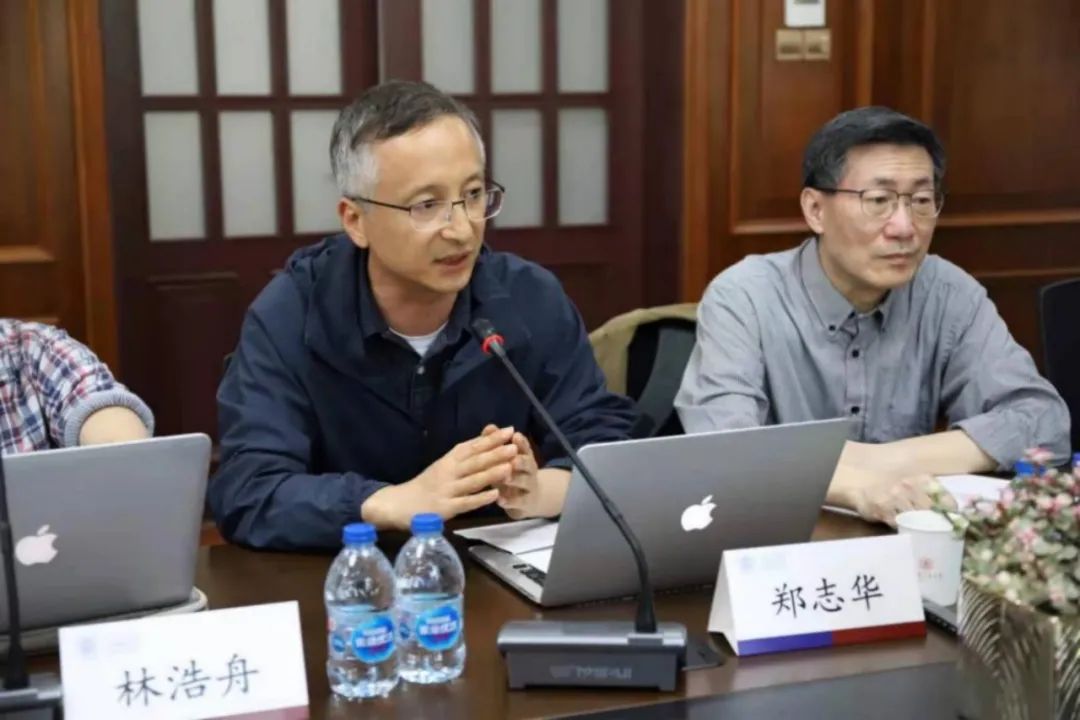
Professor Cai Congyan systematically elaborated the connotation, significance and challenges of the marine community of shared future from six aspects: the country as a community, the international community as a community, how to define the community of shared future for mankind, the particularity of the marine community, China's practice on the marine community of shared future, and several challenges faced by China in promoting the construction of the marine community of shared future. Professor Cai pointed out that there is still a debate in the academic circle on whether the international community constitutes a community, but the most important thing to answer this question is to find out whether there are elements similar to the elements that constitute a domestic social community in the international community, which is mainly composed of countries. Then Professor Cai introduced four views on the nature of the international community, including religious community, political community, economic community and legal community. On how to understand the concept of a community with a shared future for mankind, Professor Cai introduced the constituent elements of the concept of a community with a shared future for mankind proposed by China, and pointed out that Western scholars generally misread it. As for the particularity of a community with a shared future in the sea, Professor Cai made an in-depth interpretation from the perspective of facts and laws, and pointed out that the particularity of sea water flow makes it much more necessary and possible to establish a community with a shared future in the sea than on the land. From the perspective of law, it also means that the possibility of conflict on the sea is higher than on the land and in outer space. Finally, Professor Cai asked questions from the perspective of the community structure mechanism and the practice of the law of the sea, that is, whether the community with a shared future in the sea is a political community or a legal community, a community of interests or a community of rights, an inter state mechanism or a supranational mechanism, and further pointed out that the Group of Seven and NATO should be prevented from using "freedom of navigation" and other topics to shape China into an "alternative" outside the community.
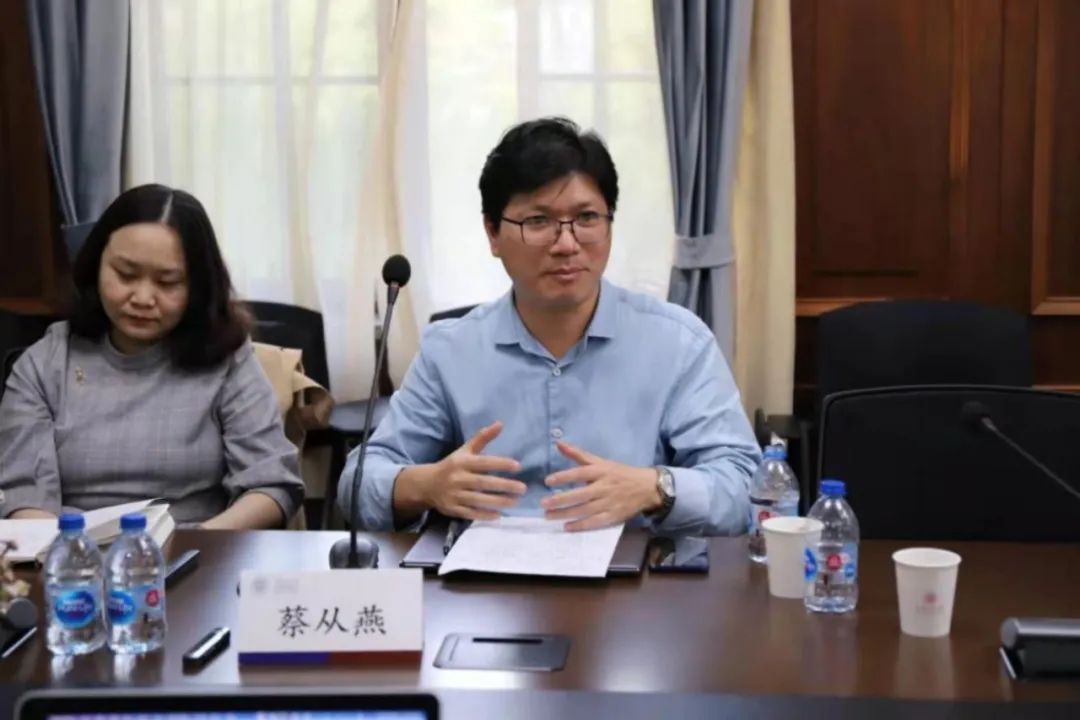
In the review stage, Liu Dan believed that Mr. Cai had made insightful observations on China's identity cognition, community definition, China's marine practice and possible challenges. At the same time, she added that on the issue of what kind of community the international community is, from the perspective of ocean or geopolitics, it can also be supplemented from the military perspective. In addition to the comparison with land and space, the particularity of the maritime community of shared future should also take into account the polar regions. She believes that there are indeed many problems of legal norms and mechanisms that need to be solved in the construction of a community with a shared future for the sea.
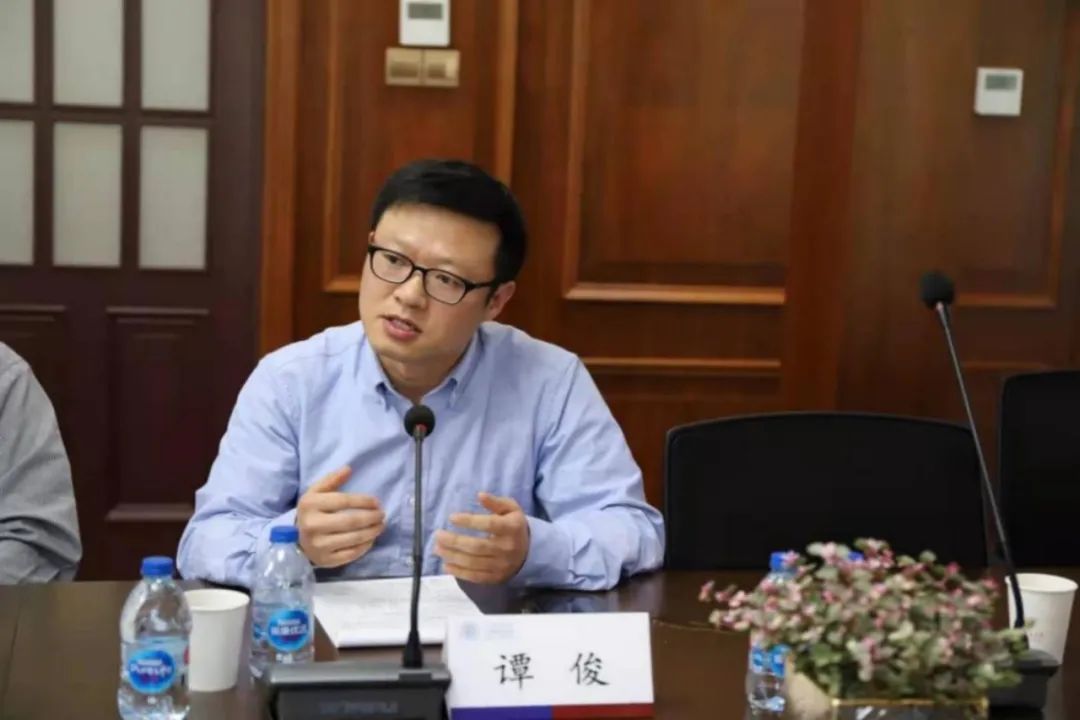
Tan Jun made comments from three dimensions: Lumani's sociology, the relationship between settled nationalities and nomadic nationalities, and the marine nationalities, and the integration of man and everything. He believed that the community with a shared future in the sea should not only take into account the interests of people, but also marine life and environmental ecology. It should fully tap the Chinese traditional thought resources of "harmony between man and nature" to explain this concept. In addition, we should use Luhmann's ideological resources to understand the concept of community. Whether it is religion, politics, economy or law, it is not limited to the scope of sovereign countries, but super sovereign countries. As long as it operates according to a certain code, it is a community.
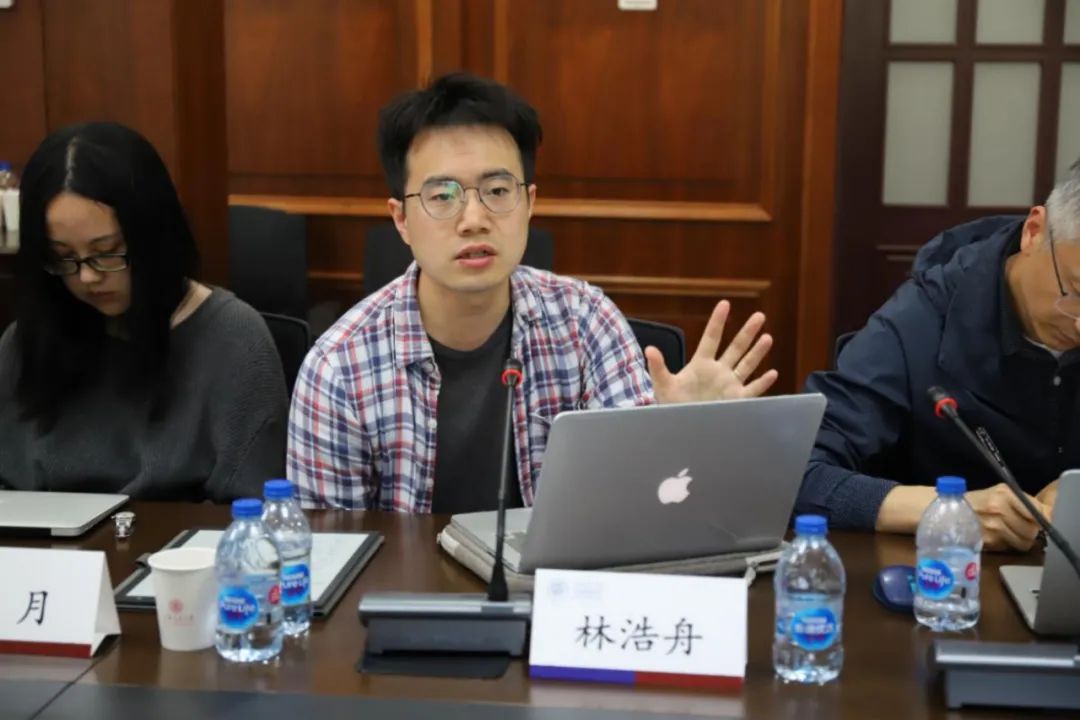
Lin Haozhou believed that Cai not only deconstructed the concept of a community with a shared future in the sea, but also constructed it. He pointed out that the purpose of building the concept of a community with a shared future in the sea is to change the environment in which the game takes place, so that different subjects can choose to work together instead of maintaining a state of conflict when conflicts occur. Lin Haozhou made an in-depth evaluation of the connotation of the community of shared future in the sea from the four elements of the game - "actors", "strategies", "returns" and "information".
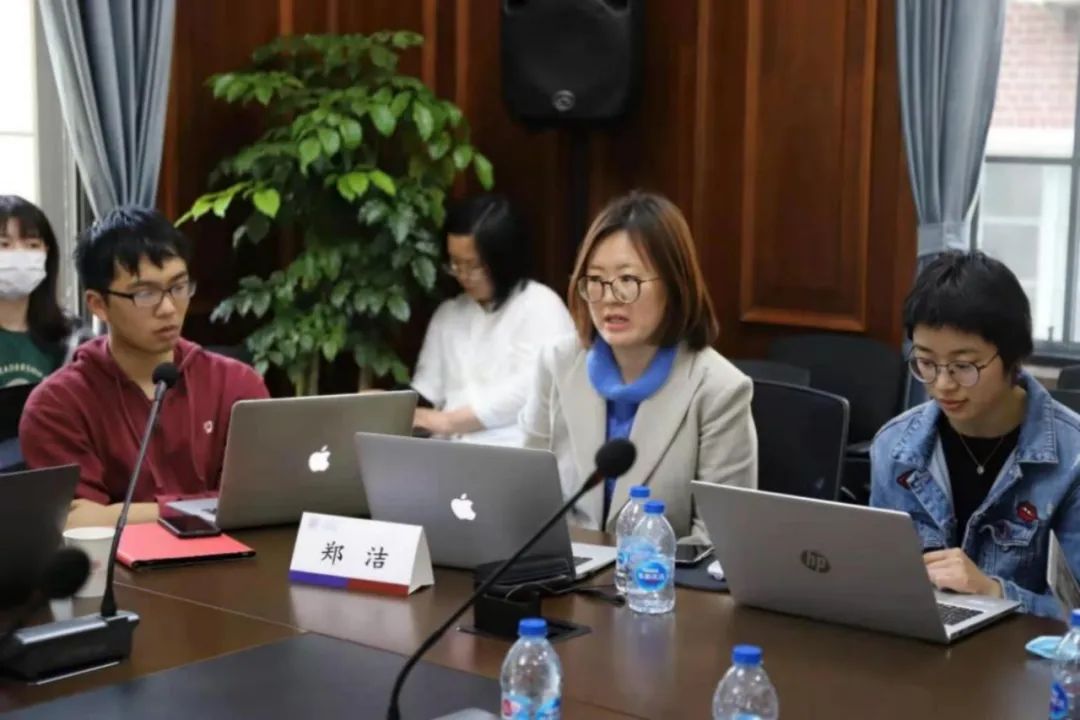
Zheng Jie said that her understanding of a community with a shared future for mankind should depend on whether countries can seek common interests and responsibilities. Therefore, on the issue of the nature of the international community, she advocated that the environment should also be considered as a community element from the perspective of joint responsibility. At the same time, it is also necessary to think about how to maintain the stability and durability of the community after its formation.
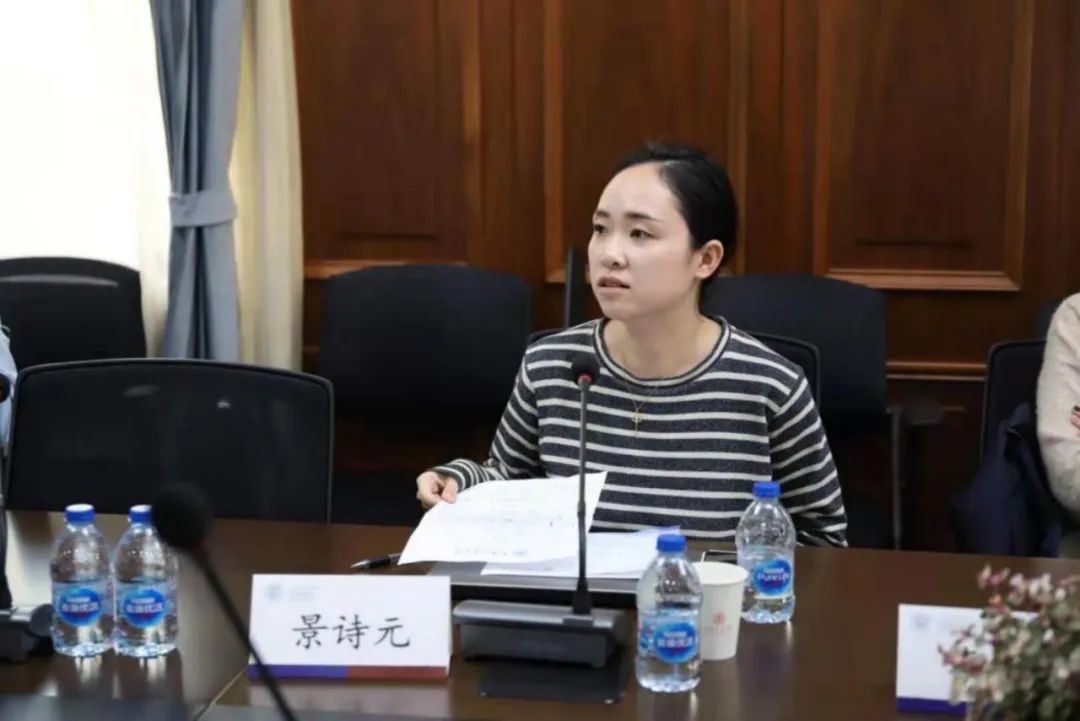
From the perspective of international environmental governance and intergenerational justice, Jing Shiyuan pointed out that human beings must develop and utilize energy in a way that does not endanger the integrity of the earth's ecosystem, and jointly open the road to green development. But at present, we are facing huge uncertainties in science and risk. From the perspective of time, issues such as climate change and marine pollution that may take several generations to deal with suddenly become issues that our generation should properly deal with. Against this background, it is particularly necessary to unite the community to avoid excessive interference from political factors.
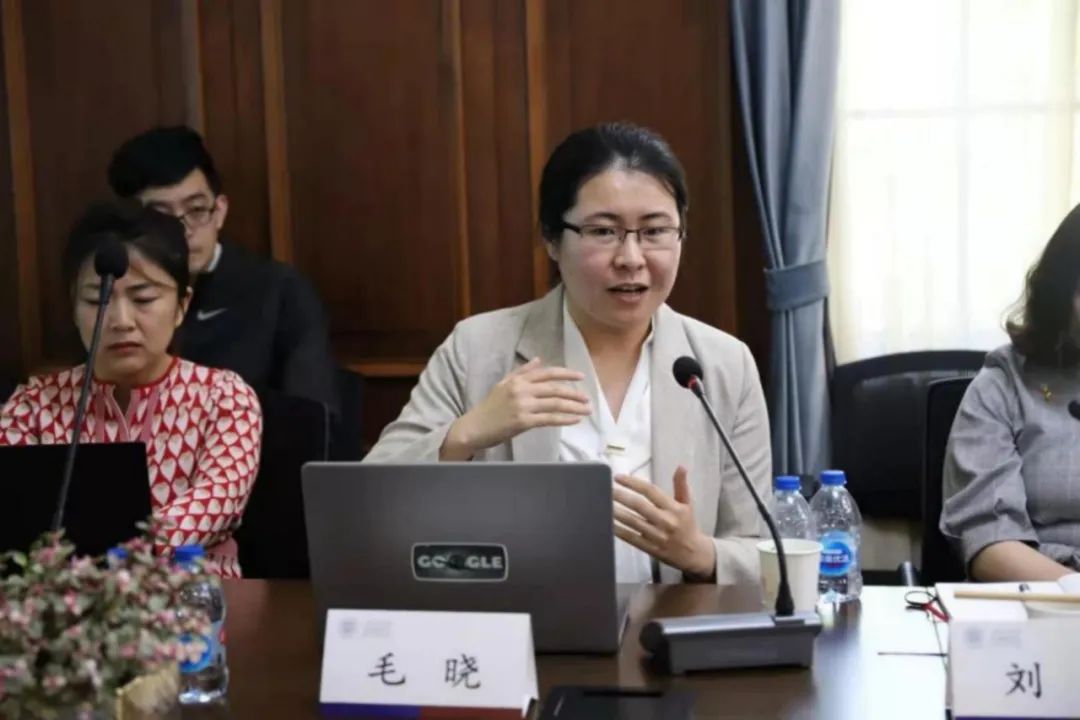
Mao Xiao observed the changes of international law from the perspective of positive international law. In her view, the development of international law and international judicial practice seem to have a common perspective and path from national centralism to community based. Not only in the field of the law of the sea, but also in many fields of general international law, there have been relevant practices based on the path of the community. She elaborated on this paradigm change of international law from the aspects of treaty reservations, identification of customary law, sources of international law, subjects of international law, jurisdiction, dispute settlement, use of force, State responsibility, etc. Her question is in which aspects the changes in international law are consistent with and different from the community with a shared future for mankind and the maritime community advocated by China.
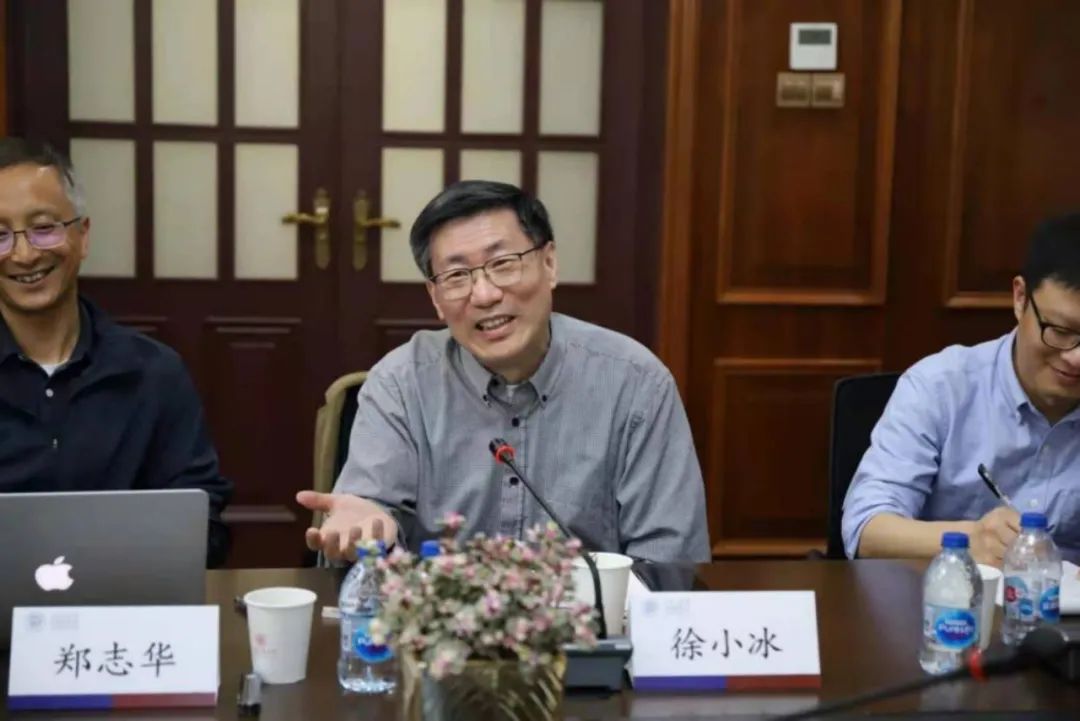
Professor Cai Congyan gave excellent responses and answers to the comments and questions of the participants one by one. Finally, Mr. Xu Xiaobing made a brief summary of the lecture. He pointed out that the community of shared future is a very important concept. Especially when we understand the community of shared future from the perspective of the common disaster facing mankind, its significance is even more prominent. However, we should also pay attention to various misreading, misunderstanding and mistranslation problems in the external dissemination of this concept. He believed that Mr. Cai and all the reviewers had made full and detailed explanations and comments on the marine community of shared future from all angles, so that everyone had a clearer understanding of the relevant issues of the marine community of shared future. This interdisciplinary exchange and collision benefited everyone greatly.








